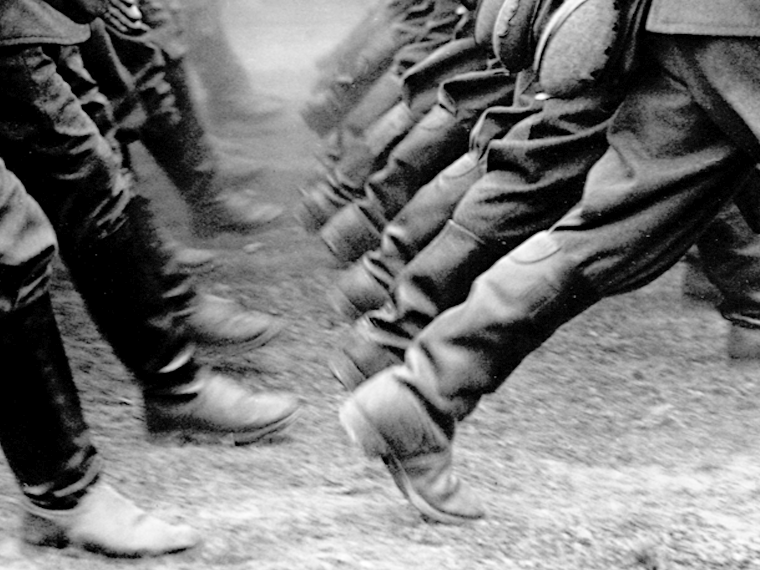Research suggests such a connection when donations are publicized
Sure, it’s better to give than to receive, but it’s a fact of charitable giving that people are more generous in public than in private. Why is that? Often public giving is seen as a sign of status, a way of showing altruism and wealth. But could visible charitable donations instead be intended to convey something else, say, intelligence?
That’s the question behind a new study, forthcoming in the Journal of Behavioral and Experimental Economics, by Felipe Montano Campos of the University of San Andres and UCLA Anderson’s Ricardo Perez-Truglia. Using a laboratory experiment, the authors find that people may indeed use charitable giving in an effort to signal that they are smart.
For this experiment, the researchers recruited 112 undergraduate students from the University of San Andres, a small private university in Buenos Aires. The students’ average age was 20.5, and they were split about equally between men and women. Students were paid for participating in the research.
Opt In to the Review Monthly Email Update.
The experiment had two parts. In the first, participants were given 30 minutes to take an intelligence test. They were told the test was the sort typically used to screen applicants for competitive jobs and graduate school.
A week later, participants were sent a link to an online survey, in which they were told they’d been given a specific endowment amount ($10, $20, $30 or $40). Some people were told that the endowment amounts had been assigned randomly. Others were told the amounts had been determined by their intelligence test scores.
Participants were asked how much of their endowment (from $0 up to the full amount) they wanted to donate to a charitable cause; for example, buying supplies for disadvantaged schools in the area. And they were told that any endowment money not donated would be added to their $35 payment for participating in the research.
But, before choosing what to do with their endowments, participants were told that, post-survey, they’d receive an e-mail that listed donation amounts of the study’s participants. Some participants were shown sample emails that listed donations anonymously (that is, “private”), while others saw donations listed by name (“public”).
Keep in mind, these were students from a small university with only about 1,020 undergraduates, and for the first two years all students shared core classes, regardless of their major. So chances were high that subjects would know each other and, thus, care about their social image.
What happened? When people thought the endowment amounts had been assigned randomly, there was no difference in donation amounts among recipients of the public and private treatments. But when people thought the endowments had been assigned based on intelligence test results, their public donations rose 29.9 percent.
It’s possible that people in the latter group would have responded similarly had they been offered some other visible way of spending money. But the authors wanted to show how even charitable spending might be used as a signal for intelligence.
These findings have implications for understanding that kind of social signaling — the layers in messages people convey through their actions — but there’s also a potential lesson for fundraisers. Nonprofits such as charities and universities already know that donation visibility boosts contributions. People like to be recognized for their good works. But the authors suggest that nonprofits might see even larger contributions if they also start publicizing donors’ intellectual or business achievements.
That plaque listing donors’ names? Maybe add each donor’s signature achievement, whether it’s an invention or an important job position.
Featured Faculty
-
Ricardo Perez-Truglia
Professor of Economics; Justice Elwood Lui Endowed Term Chair in Management
About the Research
Montano Campos, F., & Perez-Truglia, R. (2018). Giving to charity to signal smarts: Evidence from a lab experiment. Journal of Behavioral and Experimental Economics. doi: 10.1016/j.socec.2018.08.004






